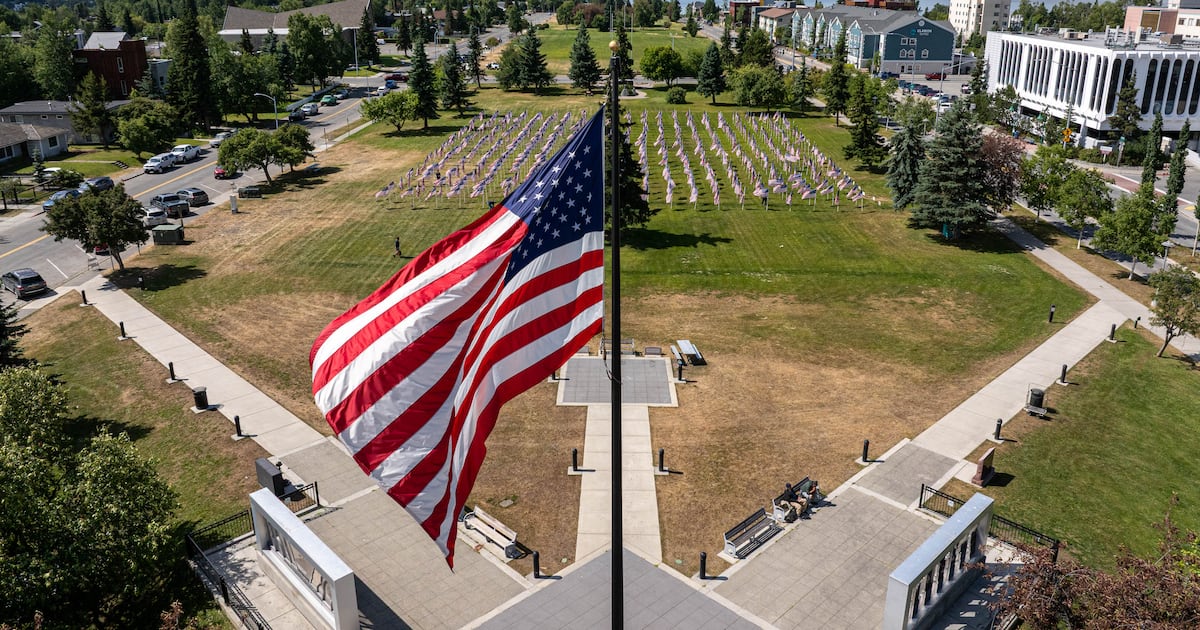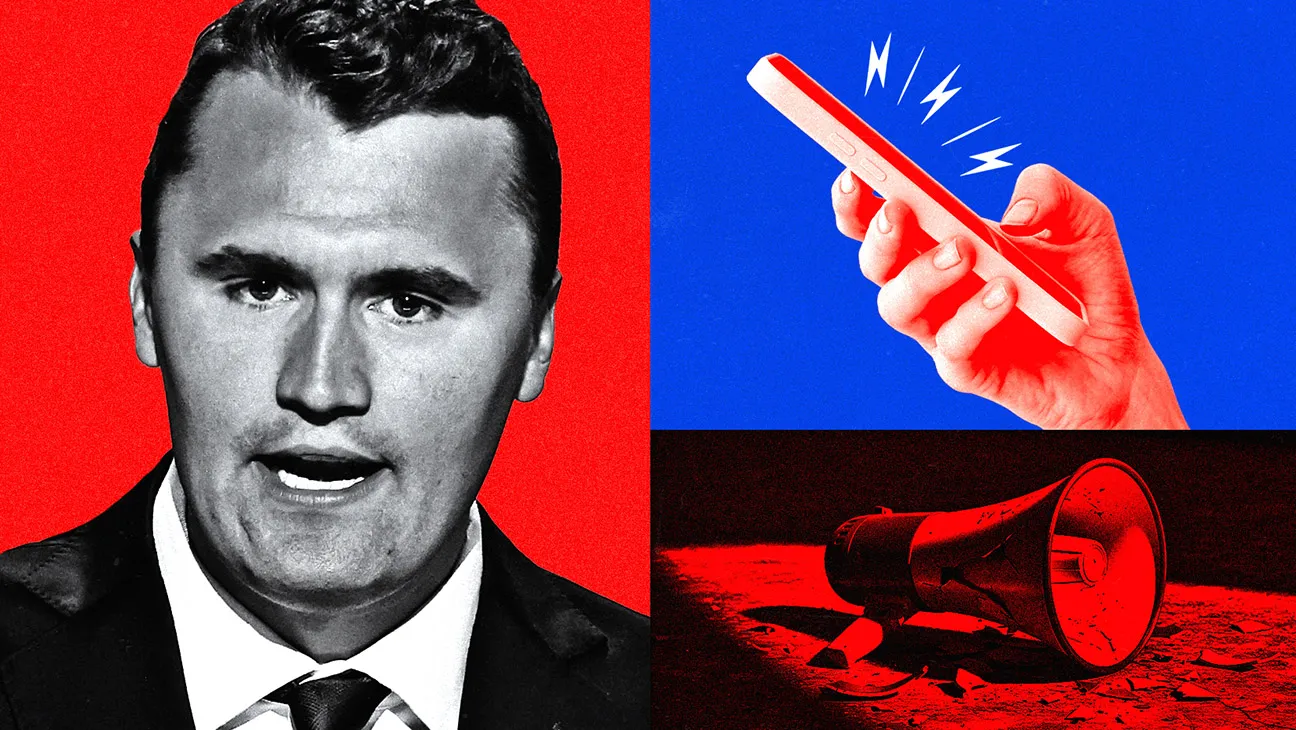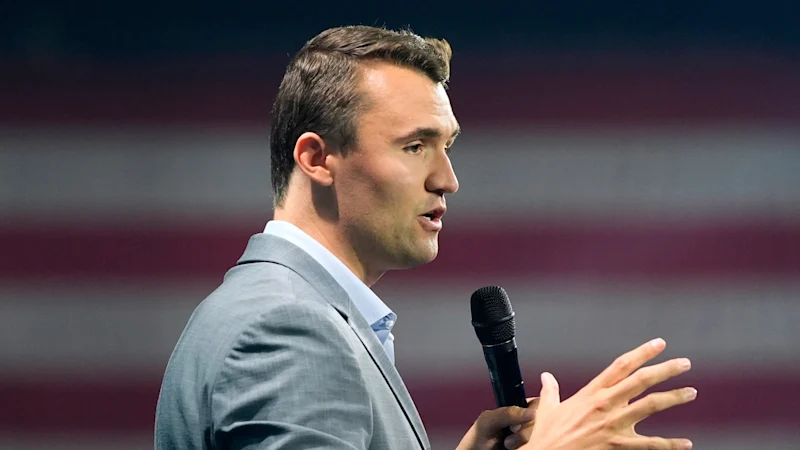
Elected officials make decisions every day as we engage in the work. Sometimes, critical moments arise that show our mettle. Last week was one of those times.
To the supporters of Charlie Kirk, his death is first and foremost a human tragedy. A young father, husband, son, and movement leader has been taken from those who loved and supported him, and nothing can undo the grief they are now enduring. And that is their right. There were also many who expressed they felt his passing deserved no mourning. That is also their right.
I am not writing to support or scold any member of the public who had an honest reaction. Disagreement may be one of the most fundamental of American values in our 250-year history.
For others of us, that moment was sobering for a different reason — not only because of the violence itself, but because of the way some have chosen to respond. In the hours after his death, some politicians set down the usual partisan swords and sought to cool the rhetoric. They should be lauded. A handful of politicasters, however, reached for the language of conflict and war. That reaction should give us pause.
I was heartened to see Sen. Dan Sullivan and Gov. Mike Dunleavy use their platforms to call for civility and to remind us of what is truly at stake. They didn’t have to choose nonpartisan words, but they did. Their statements pointed to the enduring principle that undergirds all others in this land: you should have the freedom to speak, to debate and to disagree without fear of violence or reprisal. The right to free speech belongs to every person on these American shores, no matter their ideology, their party, or their faith.
I was dismayed to see how some people publicly celebrated his death. However much one may have disagreed with his politics or his style, taking satisfaction in violence against a fellow human being is a step down a path that erodes our basic humanity. In the age of unfiltered social media, people feel unbridled to say whatever they want, without thought of impact. When we cheer violence, we not only dishonor the pain of those who are grieving, we also chip away at the values that allow us to live together in a free society.
I was more troubled by the immediate rush in some circles to identify and punish those who, while condemning the violence, expressed that they did not respect or honor Charlie Kirk’s legacy. In a free society, disagreement — even sharp disagreement — must be protected. Quoting Kirk’s own words, we should “debate and disagree without fear.” Attempts to silence or professionally ruin people for declining to offer reverence are another form of “us versus them” that undermines free speech. We do not strengthen democracy by demanding unanimity about the lives or legacies of public figures.
I was most troubled of all seeing many seek to answer violence with violence, sowing even deeper division. One Alaska legislator went so far as to revel in, nay, celebrate this calamity by issuing a call for civil war, callously fundraising off of it. That member debased their office and shamed the Alaska House of Representatives. This is not normal behavior. This is not acceptable behavior. Alaskans of all stripes, except the most extreme, reject that voice.
When we treat neighbors as enemies and reduce every disagreement to a battle between factions, we dishonor both the humanity of those who are grieving and the democratic values that sustain our country. Political violence is unacceptable. It destroys lives and corrodes the shared civic foundation that makes us Americans.
The better path, and the one urged by both Sen. Sullivan and Gov. Dunleavy, is to recommit ourselves to civil society. To defend the principle that every voice deserves the chance to be heard. To reject the dangerous temptation of silencing, intimidation, or retribution. We do not need to agree with one another’s positions in order to defend one another’s right to hold them.
The First Amendment is the common ground on which conservatives, liberals and independents all stand. It is the guarantee that allows us to argue passionately without fear, to protest without reprisal, and to imagine different futures without violence. If there is any lesson to be drawn from this moment, it is that protecting that freedom requires each of us to choose civility over rage, respect over contempt, and conversation over conflict. For that reason, I am grateful to Sen. Sullivan and Gov. Dunleavy for turning away from the rhetoric of war and toward unity. They showed their mettle.
As Alaskans and as Americans, we have a responsibility to meet this moment with resolve — to ensure that our politics, no matter how divided, resists descending into violence.
Christopher Constant is chair of the Anchorage Assembly.



